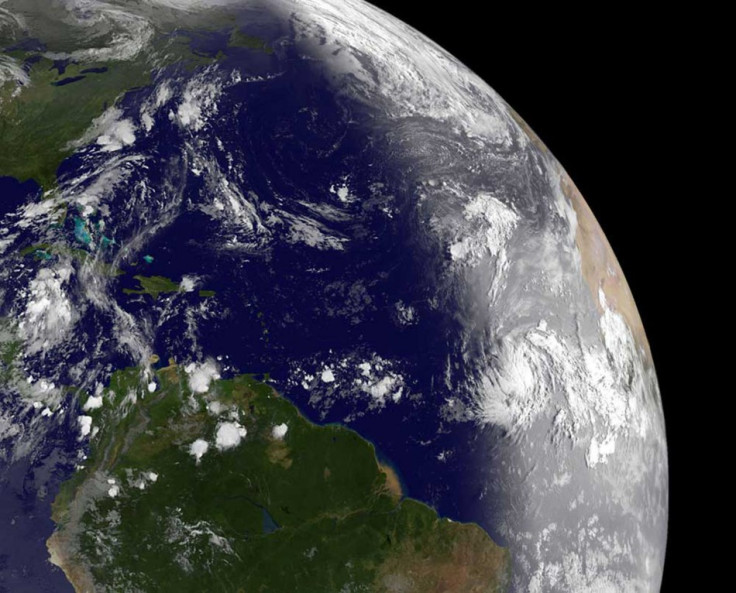"Door is Closing' to Avert Catastrophic Climate Change, Energy Agency Warns

Our planet is heading towards rapid and irreversible climate change if immediate action is not undertaken to combat our dependence on fossil fuels, warns the International Energy Agency.
The agency's annual flagship publication, World Energy Outlook, presents the most thorough analysis yet of world energy infrastructure.
The world's current dependence on fossil-fuelled power stations, energy-guzzling factories and inefficient energy usage will spell disaster for the planet's climate, and the window of opportunity to combat such changes is rapidly closing, the report concludes.
"Without a bold change of policy direction, the world will lock itself into an insecure, inefficient and high-carbon energy system," the IEA said in a statement.
"The door is closing," said Fatih Birol, chief economist at the International Energy Agency in a statement reported by the Guardian. "I am very worried - if we don't change direction now on how we use energy. ... The door will be closed forever."
If current trends continue, and we go on building high-carbon energy generation, then by 2015 at least 90 per cent of the available "carbon budget" will be swallowed up by our energy and industrial infrastructure. By 2017, there will be no room for manoeuvre at all - the whole of the carbon budget will be spoken for, according to the IEA's calculations.
The warning comes at a crucial time for international negotiations on climate change, as governments prepare for environmental talks in Durban, South Africa, later this month. The failure of the previous two attempts to agree a successor to the Kyoto Protocol - at talks in Copenhagen, Denmark, in 2009 and Cancun, Mexico, in 2010 - has put further pressure on the upcoming Durban summit to make a breakthrough in the realm of tackling climate change.
As well as discussing the need to increase the use of renewable energy sources, the report discusses the implications for the future of nuclear power following the Fukushima disaster in Japan, saying the incident "has raised questions about the future role of nuclear power."
The report also notes, "Economic concerns have diverted attention from energy policy and limited the means of intervention." The global economic recession that has gripped stock markets since 2008, coupled with the looming spectre of a eurozone meltdown, has meant less focus on sustainable energy solutions over the past months and years.
"We can still act in time to preserve a plausible path to a sustainable energy future," said IEA Executive Director Maria van der Hoeven. "Each year the necessary measures get progressively tougher and viciously more expensive."
© Copyright IBTimes 2025. All rights reserved.



















